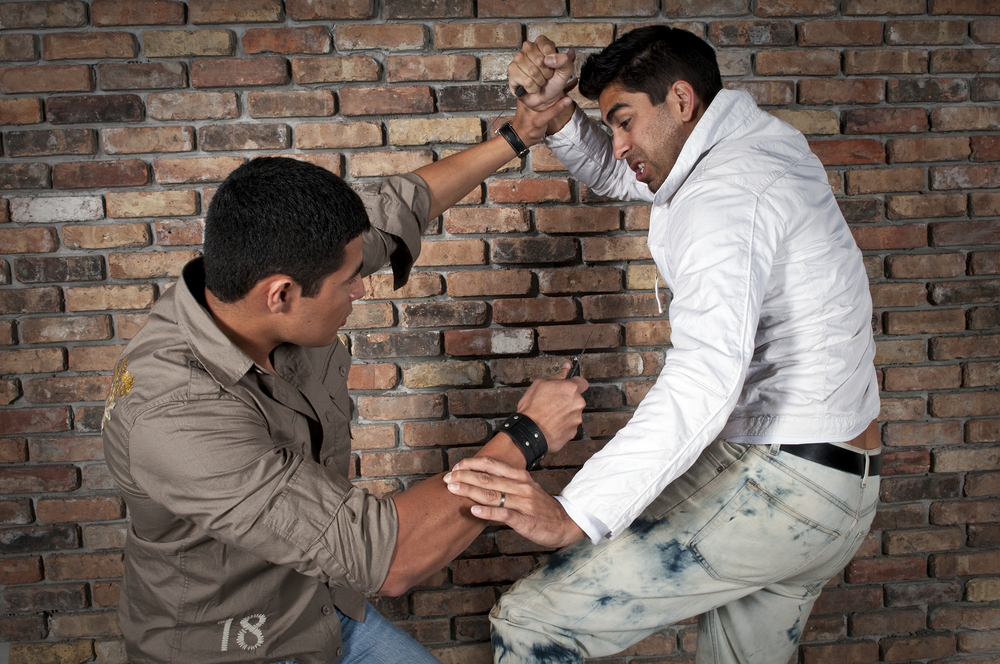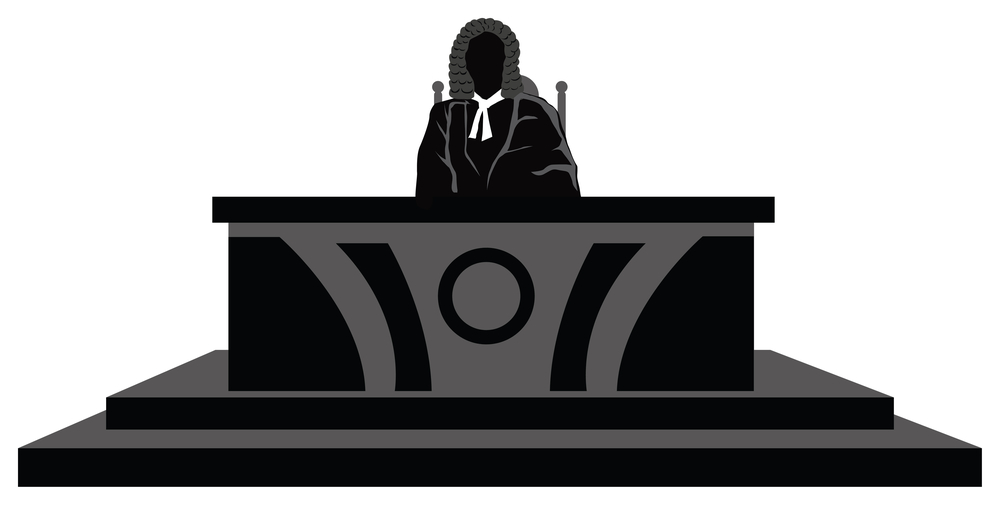
How to navigate assault charges in the UK
Being charged with assault is overwhelming and incredibly stressful and it is absolutely critical that you are aware of the legal process involved and how to navigate it.
We are one of the UK’s leading criminal lawyers and regularly work with those facing assault charges amongst an array of other offences. We have put together this guide to the key things you need to know about assault cases in the UK, helping to guide you through challenging waters and keep calm at this tough time.

Step 1 – Understanding your charges
The term assault can refer to a number of different offences in the UK, all of which are slightly different and carry different potential penalties. Knowing exactly what charges you are facing, or considering what charges you are likely to face if you have not yet been charged but believe that you might be in the future is essential.
Step 2 – Get a Lawyer
Although the 2nd step in this guide due to the fact that many people are charged before they realise that they need a lawyer, this is actually the very first thing that you should do if you are involved in an assault case.
A criminal lawyer will help you at all stages of a criminal case, from helping you to understand the charges that are against you to representing you in police interviews to negotiating with the prosecuting officer if the case gets that far.
When it comes to staying level headed and approaching assault charges with logic that gives you the best chance of a positive outcome having a great criminal lawyer by your side who is used to dealing with those charged with assault Scotland is by far the best thing that you can do.
Step 3 – Gather evidence
The more evidence that you have about the incident in question the better. There is no point attempting to conceal evidence or being coy with your lawyer out of shame or in an attempt to get away with something. There is a good chance that this information will come to light anyway and concealing it will only blindside your own lawyer when they are attempting to build a strong defence on your behalf.
Reveal an information that you have about the incident as well as any communications that you think might be relevant and any witnesses that you think might have knowledge of the events in question.
Step 4 – Build a case

Once the lawyer you have chosen to represent you in the assault case has all the key evidence at their disposal, they will begin to build a case for the defence on your behalf.
Some of the evidence types that are often pivotal in assault cases include CCTV footage, medical reports, verbal and online communications, forensics and more. This can all seem a little bit overwhelming at first but an expert criminal lawyer will be able to sift through all this information to find the key details best suited to building your defence.
Step 5 – Outcome
If a conviction is unavoidable, there are a number of potential penalties that may be handed out both in an out of court. The most common of these is a custodial sentence with length of sentence ranging from a maximum of 6 months for common assault to life imprisonment for GBH with intent to wound.
There is a possibility that things won’t go this far but it is important to understand the severity of the potential consequences of assault charges when facing them. This will ensure you are careful in your choice of a criminal lawyer and take the evidence gathering process seriously.
Reduced sentences are possible in assault cases if any of a variety of different factors apply to the case including signs of remorse, evidence of good character, medical conditions, or if the defendant pleads guilty.
There are also a number of factors that can lead to an increased sentence so talk all this through with your lawyer as early as possible in proceedings so that you have a full picture of what the possible outcomes of your case may be.
Step 5 – Appeal
If you are unhappy with the outcome of your case and you and your lawyer believe that there may be benefit in appealing the sentence that you have been given, they will assist you in this process. Criminal lawyers deal with cases similar to yours on a daily basis and will know exactly when an appeal has a chance of success and when it does not. Listening to their advice will save you a whole lot of time and stress and if you do indeed decide to go forward with the appeal it will also give you the best chance of it being a success.